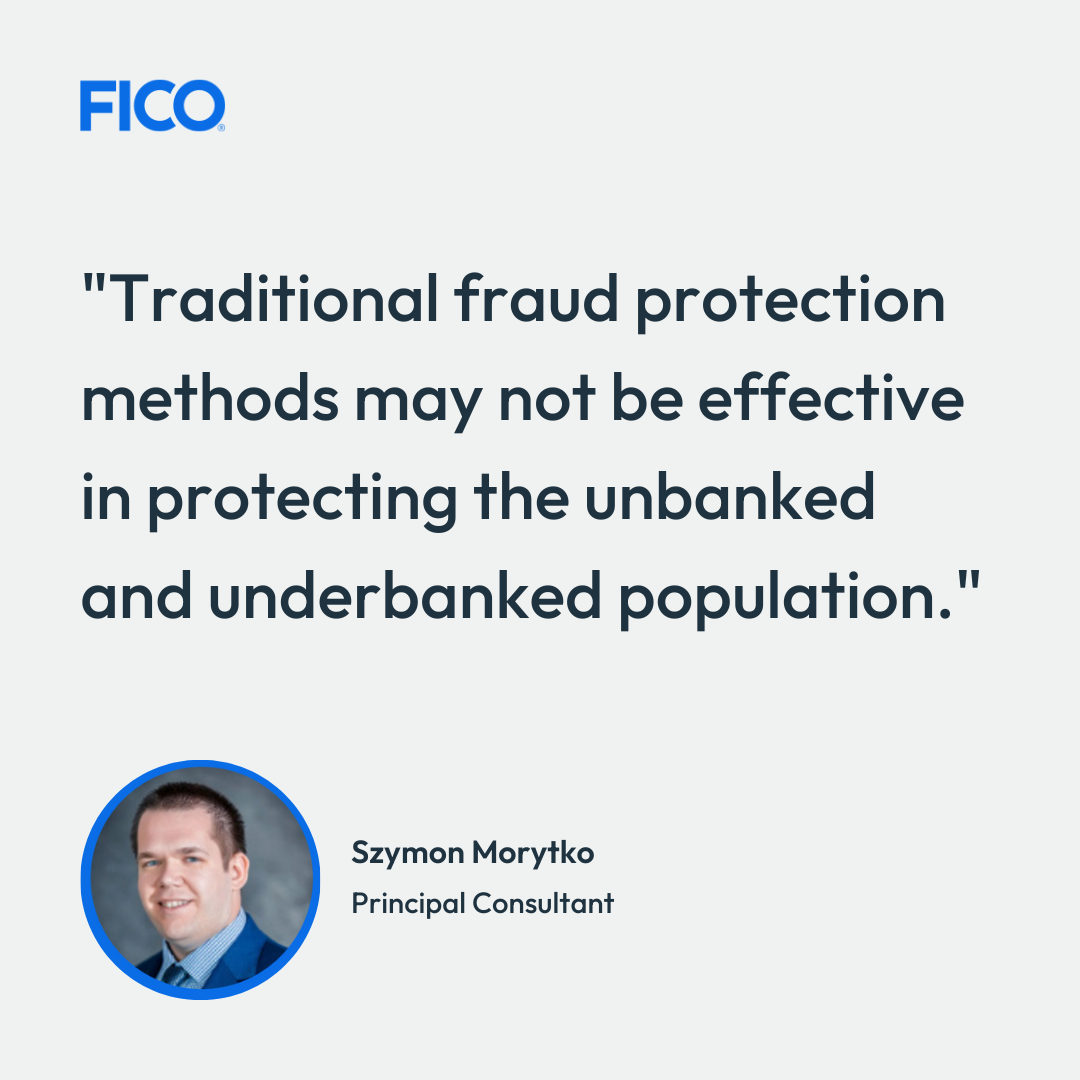[ad_1]
Shareholders purchase right into a financial institution, and have a small say in how the financial institution is run.
Buyers purchase or put money into varied kinds of bonds that the financial institution provides.
Whenever you personal a share (or shares) in a financial institution, you’re a shareholder.
Because of this you personal a small piece of the financial institution, and you’ve got a say in how the financial institution is run. You would possibly even get to vote on vital selections (e.g. who sits on the banks board of administrators).
Shareholders even have the potential to generate income if the banks inventory worth goes up, as a result of they will promote their shares for the next worth than they paid.

However, if you personal a bond issued by a financial institution, you’re a bondholder.
Because of this you’ve got lent cash to the financial institution and the financial institution has promised to pay you again with curiosity. Bonds are a kind of mortgage that traders make to corporations, governments or different organizations.
The bondholder receives common curiosity funds from the financial institution over a set time period, and on the finish of that interval, the financial institution repays the preliminary sum of money that was borrowed.

Usually the folks shopping for shares or bonds are literally large corporations and never simply a person, however the precept holds true, they personal part of the financial institution.
The principle distinction then between a shareholder and a bondholder is simply the kind of possession they’ve.
[ad_2]
Source link










